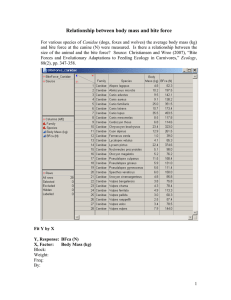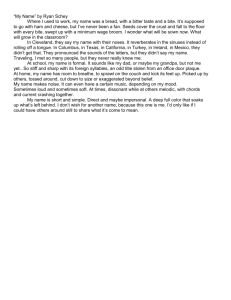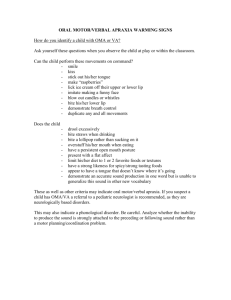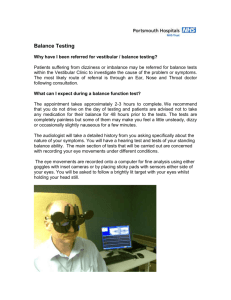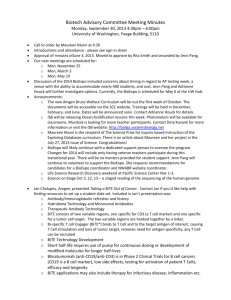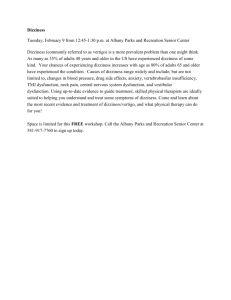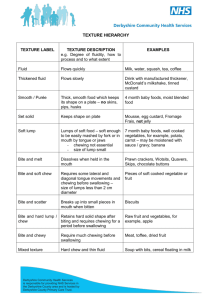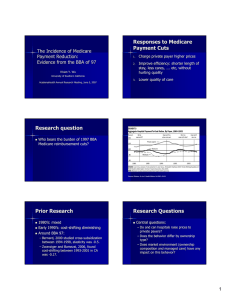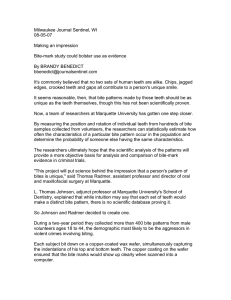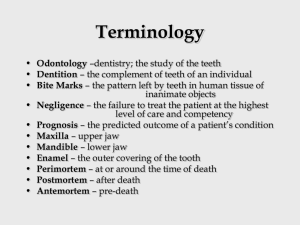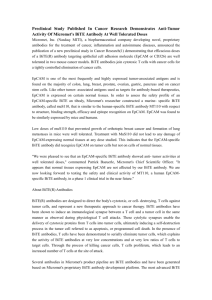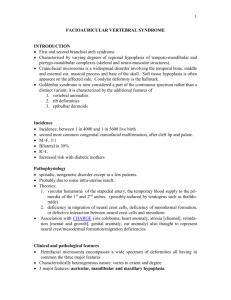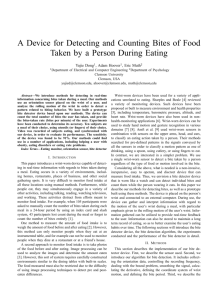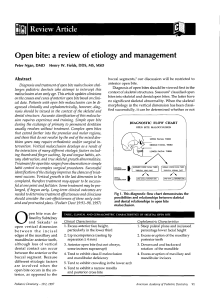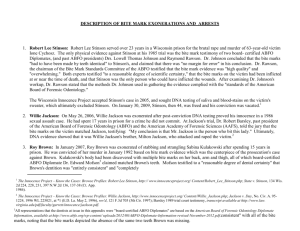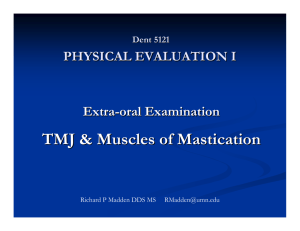here - Diamond Smiles
advertisement
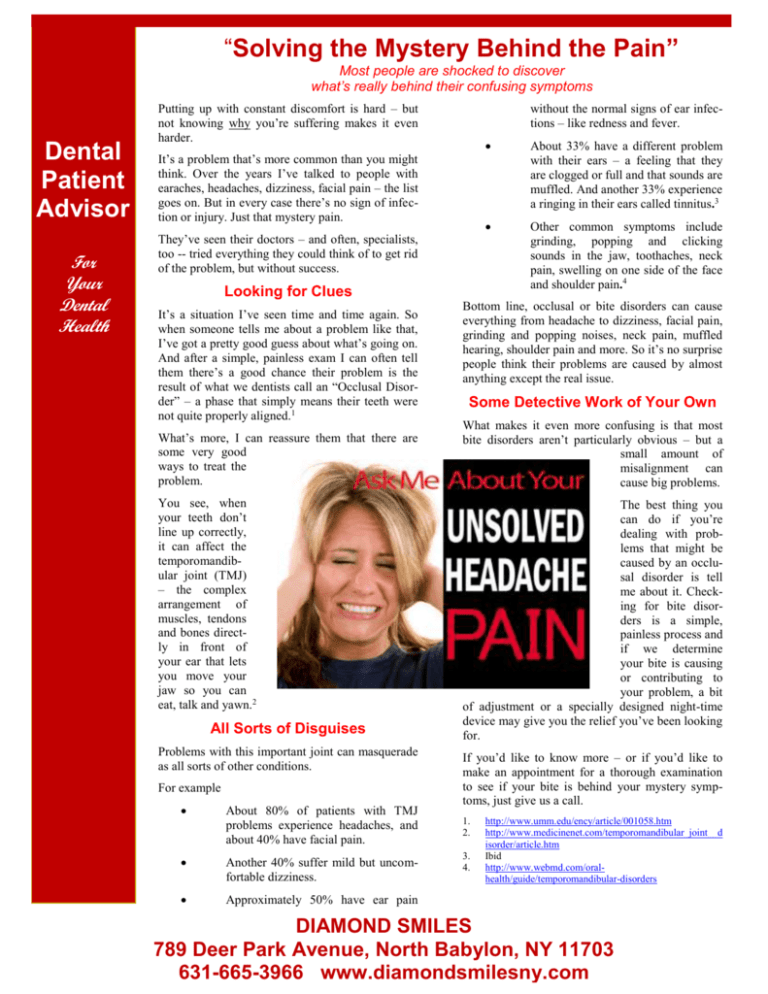
“Solving the Mystery Behind the Pain” Most people are shocked to discover what’s really behind their confusing symptoms Dental Patient Advisor For Your Dental Health Putting up with constant discomfort is hard – but not knowing why you’re suffering makes it even harder. without the normal signs of ear infections – like redness and fever. It’s a problem that’s more common than you might think. Over the years I’ve talked to people with earaches, headaches, dizziness, facial pain – the list goes on. But in every case there’s no sign of infection or injury. Just that mystery pain. They’ve seen their doctors – and often, specialists, too -- tried everything they could think of to get rid of the problem, but without success. Looking for Clues It’s a situation I’ve seen time and time again. So when someone tells me about a problem like that, I’ve got a pretty good guess about what’s going on. And after a simple, painless exam I can often tell them there’s a good chance their problem is the result of what we dentists call an “Occlusal Disorder” – a phase that simply means their teeth were not quite properly aligned.1 What’s more, I can reassure them that there are some very good ways to treat the problem. You see, when your teeth don’t line up correctly, it can affect the temporomandibular joint (TMJ) – the complex arrangement of muscles, tendons and bones directly in front of your ear that lets you move your jaw so you can eat, talk and yawn.2 All Sorts of Disguises Problems with this important joint can masquerade as all sorts of other conditions. For example About 80% of patients with TMJ problems experience headaches, and about 40% have facial pain. Another 40% suffer mild but uncomfortable dizziness. Approximately 50% have ear pain About 33% have a different problem with their ears – a feeling that they are clogged or full and that sounds are muffled. And another 33% experience a ringing in their ears called tinnitus.3 Other common symptoms include grinding, popping and clicking sounds in the jaw, toothaches, neck pain, swelling on one side of the face and shoulder pain.4 Bottom line, occlusal or bite disorders can cause everything from headache to dizziness, facial pain, grinding and popping noises, neck pain, muffled hearing, shoulder pain and more. So it’s no surprise people think their problems are caused by almost anything except the real issue. Some Detective Work of Your Own What makes it even more confusing is that most bite disorders aren’t particularly obvious – but a small amount of misalignment can cause big problems. The best thing you can do if you’re dealing with problems that might be caused by an occlusal disorder is tell me about it. Checking for bite disorders is a simple, painless process and if we determine your bite is causing or contributing to your problem, a bit of adjustment or a specially designed night-time device may give you the relief you’ve been looking for. If you’d like to know more – or if you’d like to make an appointment for a thorough examination to see if your bite is behind your mystery symptoms, just give us a call. 1. 2. 3. 4. http://www.umm.edu/ency/article/001058.htm http://www.medicinenet.com/temporomandibular_joint__d isorder/article.htm Ibid http://www.webmd.com/oralhealth/guide/temporomandibular-disorders DIAMOND SMILES 789 Deer Park Avenue, North Babylon, NY 11703 631-665-3966 www.diamondsmilesny.com
